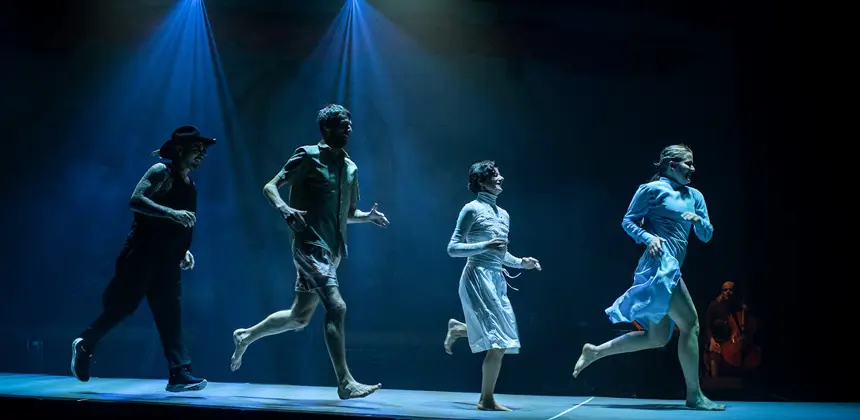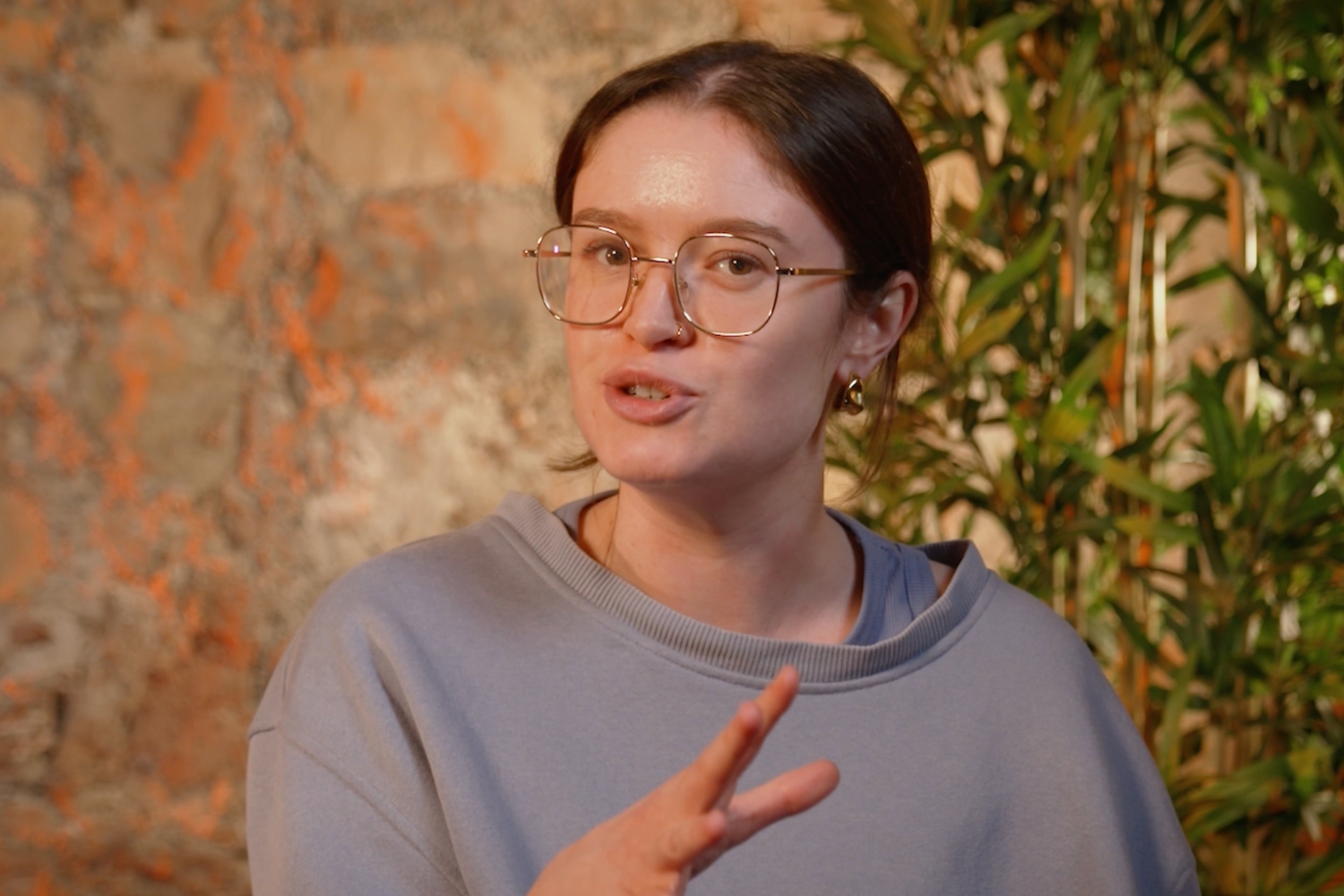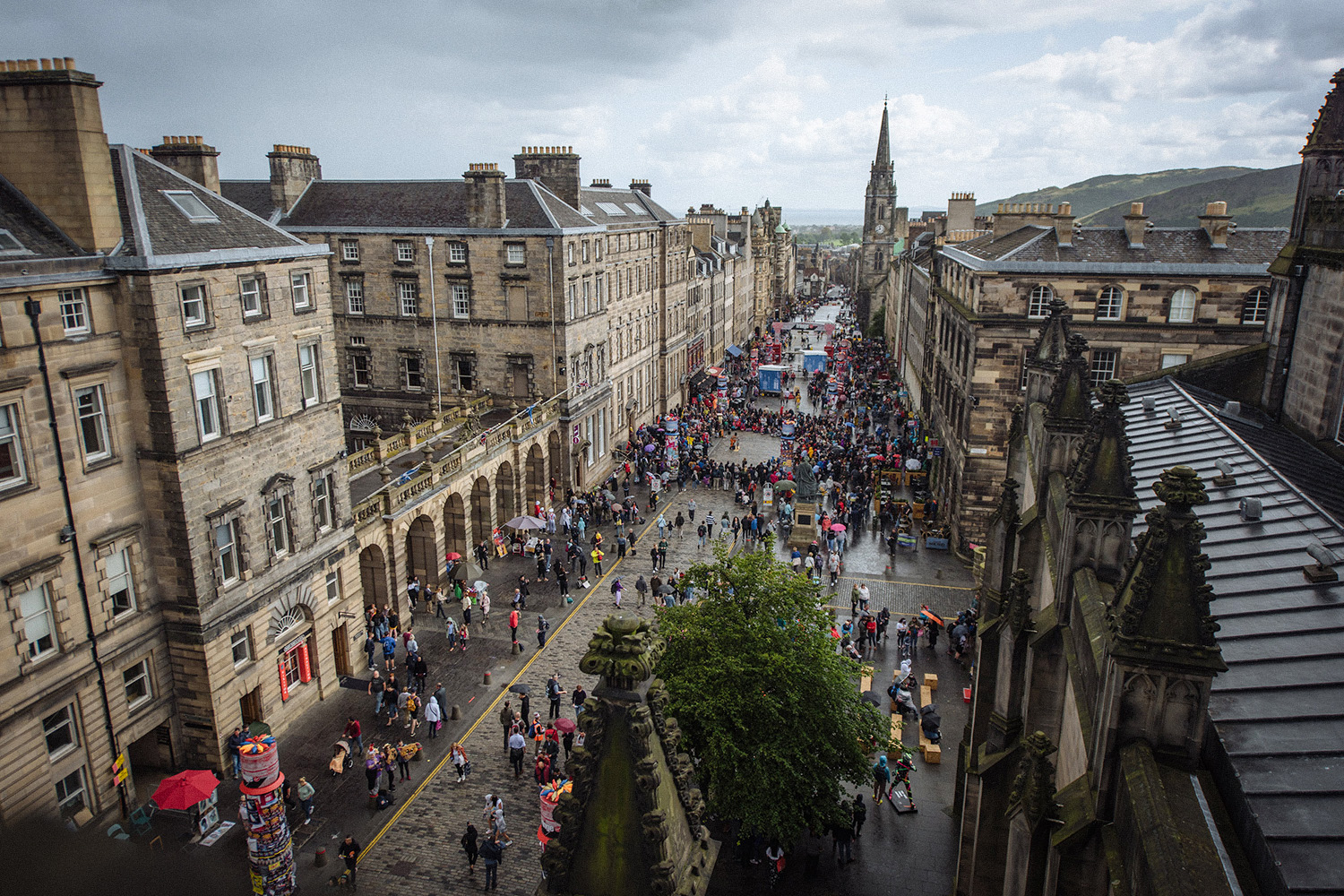Getting started
An overview of what it takes to put on a show at the Fringe, with advice on what to do when.
Watch our video guides
Kirsty and Martha from the Edinburgh Festival Fringe Society offer guidance and advice on how to take part in the Fringe. The videos in this playlist are packed with tips on how to bring a show to the Fringe.
Essential info
Take part
Support for artists
Discover the different services offered by the Fringe Society, including help with accommodation.
We're here to help!
Please get in touch with our team if you have any specific questions about the information on this page. A member of our team can set up a 10-minute slot to talk things over with you on the phone or on a video call.
Please note, slots are based on team availability.











